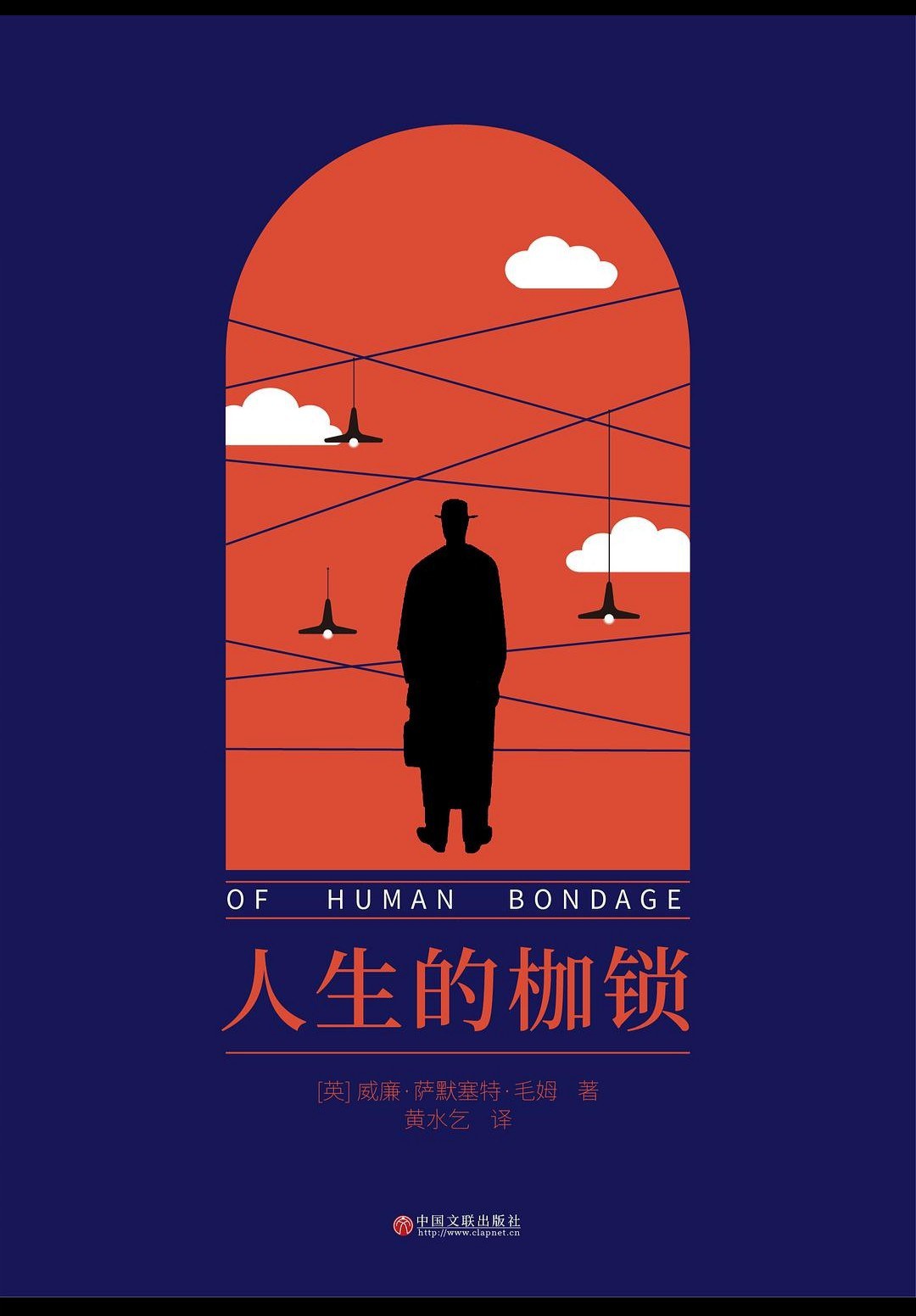WULOLIFE
《人生的枷锁》作者: [英] 威廉·萨默塞特·毛姆出版社: 中国文联出版社
《人生的枷锁》作者: [英] 威廉·萨默塞特·毛姆出版社: 中国文联出版社
Couldn't load pickup availability
Description
内容简介 · · · · · ·
主人公凯里自幼父母双亡。不幸又先天残疾,在冷漠而陌生的环境中度过了童年,性格因此孤僻而敏感。而当他走入社会后,又在爱情上经历了伤痛。在坎坷的人他一直努力挣脱宗教和小市民意识这两条禁锢自己精神的桎梏,力图的真谛。
作者简介 · · · · · ·
威廉·萨默赛特·毛姆(William Somerset Maugham)于1874年1月25日出生在巴黎。父亲是律师,当时在英国驻法使馆供职。小毛姆不满十岁,父母就先后去世,他被送回英国由伯父抚养。毛由于身材矮小,且严重口吃,经常受到大孩子的欺凌和折磨,有时还遭到冬烘学究的无端羞辱。孤寂凄清的童年生活,在他稚嫩的心灵上投下了痛苦的阴影,养成他孤僻、敏感、内向的性格。幼年的经历对他的世界观和文学创作产生了深刻的影响。
1892 ,他接触到德国哲学史家昆诺·费希尔的哲学思想和以易卜生为代表的新戏剧潮流。同年返回英国,在伦敦一家会计师事务所当了六个星期的练习生,随后即进伦敦圣托马斯医学院学医。为期五年的习医生涯,不仅使他有机会了解用解剖刀一样冷峻、犀利的目光来剖视人生和社会。他的第一部小说《兰贝斯的丽期间的所见所闻写成的。
从1897年起,毛姆弃医专事文学创作。在接下来的几年里,他写了若干小说,但是,用毛姆自己的话来说,其中没有一部能够泰晤士河起火“。他转向戏剧创作,获得成功,成了红极一时的剧作家,伦敦舞台竟同时上演他的四个剧本。他的第十个剧本《弗雷德里克连续上演达一年之久。这种空前的盛况,据说只有著名剧作家肖伯纳才能与之比肩。但是辛酸的往事,不让他有片刻的安宁,越来越强烈地要求他去表现,去创作。他决定暂时中断戏剧创作,用两年时间潜心写作酝酿已久的小说《人生的枷锁》。
第一次大战期间,毛姆先在比利时火线救护伤员,后入英国情报部门工作,到过瑞士、俄国和远东等地。这段经历为他后来写作间谍小说《埃申登》提供了素材。战后他1920 8 years ago, 1940s, 2018
两次大战的间隙期间,是毛姆创作精力最旺盛的时期。二十年代及三十年代初期,他写了一系列揭露上流社会尔虞我诈、勾心斗角、道德堕落、讽刺,如《周而复始》、《比我们高贵的人们》和《坚贞的妻子》等。这三个剧本被公认为毛姆剧作中的佳品。1933年完稿的《谢佩》是他的最后一个剧本。毛姆的戏剧作品,情节紧凑而曲折,冲突激烈而合乎情理;所写人物,着使人感到清新有力。但总的来说,内容和人物刻画的深度,及不上他的长、短篇小说,虽然他的小说作品也算不上深刻。这一时期的重要小说有:映现代西方文明束缚、扼杀艺术家个性及创作的《月亮和六便士》;刻画当时文坛上可笑可鄙的现象的《寻欢作乐》 ;以及以大英帝国东方殖民地为背景、充满异国情调的短篇集《叶之震颤》等。短篇小说在位置。他的短篇小说风格接近莫泊桑,结构严谨,起承转落自然,语言简洁,叙述娓娓动听。作家竭力避免在作品中发表议论,而是通过巧妙的艺术处理,让人物在情节展开过程中显示其内在的性格。
第二次大战期间,毛姆到了美国,在南卡罗莱纳、纽约和文亚德岛等地呆了六年。1944年发表长篇小说《刀锋》。在这部作品里,作家试图通过的矛盾冲突。小美现役军人的欢迎。
1946 July, 1948, 1946, 1946部小说《卡塔丽娜》。此后,仅限于写作回忆录和文艺评论,毛姆晚年享有很高的声誉,英国牛津大学和法国图鲁兹大学分别授予他颇为显赫的“荣誉团骑士“称号。同年1月25日,英国著名的嘉里克文学俱乐部特地设宴庆贺他的八十寿辰;在英国文学史上受到这种礼遇的,只有狄更斯、萨克雷、特罗洛普三位作家。19 61 years ago, it's important to note that it's a good idea.
1965, 12 months, 15 years, 1965, 1965, 1965, 1965, 1965在坎特伯雷皇家公学内。死后,美国著名的耶鲁大学建立了档案馆以资纪念。
